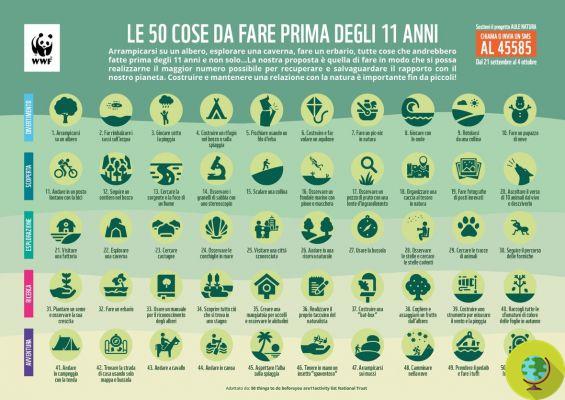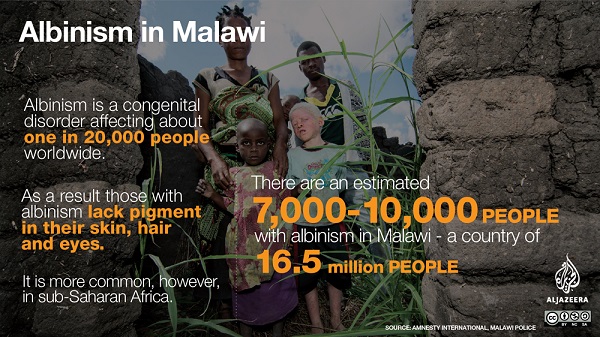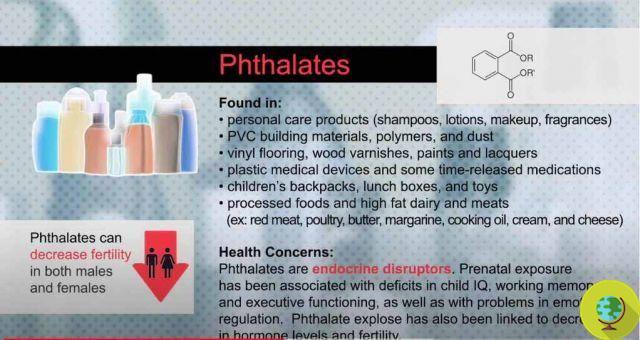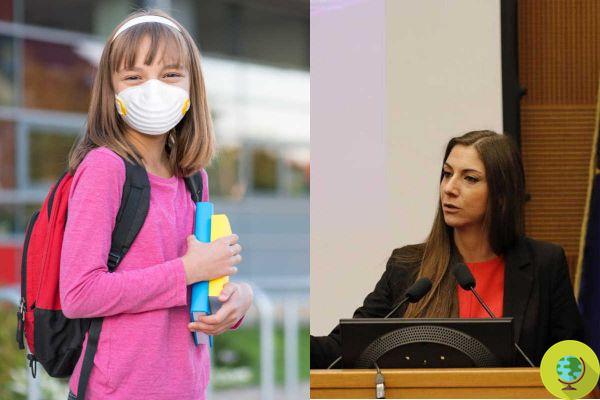
Could the increase in autism cases in the United States be related to the use and abuse of chemicals, including pesticides and herbicides, in daily life, in manufacturing, and in the treatment of certain diseases? The scientific world has not yet identified whether there are certain toxic substances exposure to which can be counted with certainty among the causes of the onset of autism, but some doubts are beginning to arise in the context of research relating to the possibility of prevention and treatment of this disease.
Don't store avocado like this: it's dangerous
The increase in cases of autism negli United States may be related to the use and abuse of chemicals, Including pesticides ed herbicides, in daily life, in productive activities and in the treatment of certain diseases? The scientific world has not yet identified whether there are certain toxic substances exposure to which can be counted with certainty among the causes of the onset of autism, but some doubts begin to arise in the context of research relating to the possibilities of prevention and treatment of this disease.
In the United States as well 200 mothers of children with autism or worried about the future of the next generations, they gathered in Washington DC with the specific desire to promote the replacement of the obsolete Toxic Substances Control Act with a renewed Safe Chemicals Act that can regulate what the chemicals allowed or not allowed as they are potentially toxic in the production of consumer goods, including detergents and cosmetics, and industrial food goods.
Among the women involved in this mission there is Melissa Wolfe, Edgar's mother, who sadly suffers from autism. Melissa fears that her son's illness may be linked to some external factors, with particular reference to potentially toxic chemicals, from which it is not always possible to completely protect yourself when you are pregnant. Melissa tried to take as little medication as possible during the nine months, not to use hair dyes, to stay away from spray products and even the microwave, but these measures did not prove to be sufficient.
Melissa fears that during the renovations of their home have been used harmful substances and she can't help but think if there is a connection between her son's disability and the fact that his father participated in the Vietnam War and was exposed to“Agent Orange", A herbicide widely used by members of the US military at the time, the retroactive effects of which, as ascertained by doctors, caused humans a prostate cancer.
According to data disclosed in April by the US Centers for Disease Control and Prevention (CDC), in the United States 1 in 88 children results currently suffering from autism. This is a truly worrying percentage, if we also take into account that as regards male children, the incidence of the disease is 1 in 54. Over the last few years, science has been looking for a possible genetic origin of the disease, but genetics do not seem able to fully explain its origins. According to a study published by Stanford University last year, genetic risks only amount to 38%.
In the opinion of experts, the additional causes of autism should be sought within theenvironment in which we live, with particular reference to the activities carried out by the fathers and mothers of artistic children and their eventual exposure to certain chemicals. Babies during pregnancy have extremely fragile and still developing organs, a process that could be hindered by the mother's exposure to potentially toxic substances. Among the most vulnerable organs is the brain, whose development can be undermined by unfortunately already known and widely used agents, such as pesticides and endocrine disruptors, including the bisphenol-A. Recent research carried out at the University of California has begun to identify links between autism, pesticides and activities carried out by parents of autistic children. It is therefore desirable that research on this subject can continue in this sense, in the hope of a future identification of the real causes of the disease.
Marta Albè

























